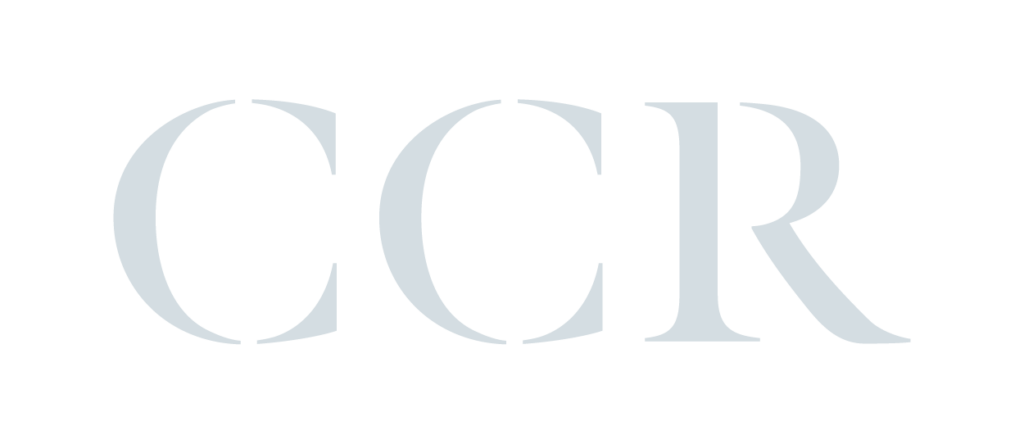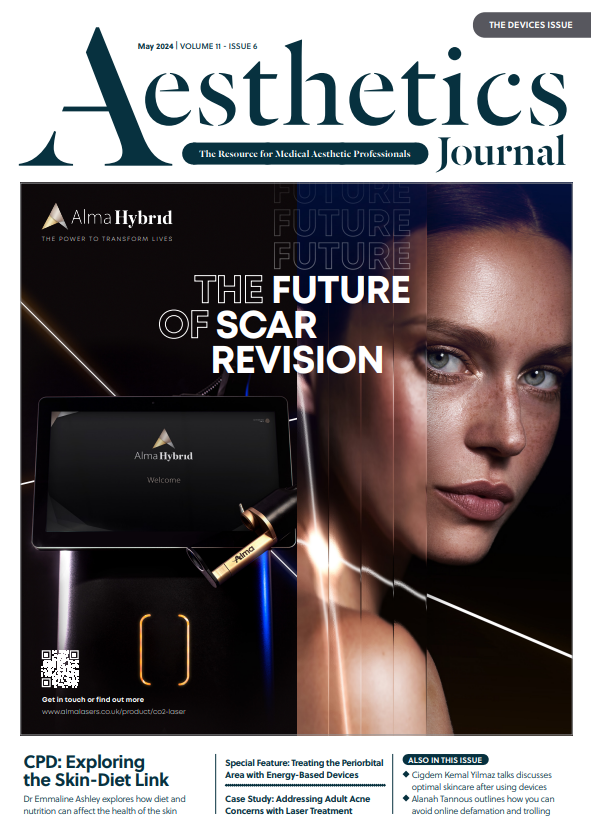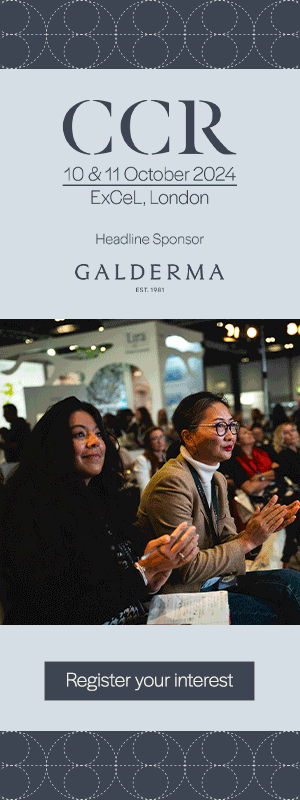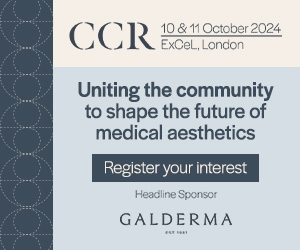To access this post, you must purchase Annual Elite Membership, Annual Enhanced Membership or Free membership.
Menu
Close
- About
Partner with us
Advisory Boards
- Library
Aesthetics Journal
- Membership
Aesthetic membership
-
Why join us?Why join us?
-
Membership PlansMembership Plans
-
FAQsFAQs
-
My accountMy account
-
Compare membership plans →Compare membership plans →
-
- Training & Development
upcoming training
Mark your calendar with the specialty’s best training sessions - Directory
Company directory
-
View directoryView directory
-
Publish your companyPublish your company
Jobs
-
Publish your jobsPublish your jobs
Buy & Sell
Aesthetics equipment
marketplace -
- About
Partner with us
Advisory Boards
- Library
Aesthetics Journal
- Membership
Aesthetic membership
-
Why join us?Why join us?
-
Membership PlansMembership Plans
-
FAQsFAQs
-
My accountMy account
-
Compare membership plans →Compare membership plans →
-
- Training & Development
upcoming training
Mark your calendar with the specialty’s best training sessions - Directory
Company directory
-
View directoryView directory
-
Publish your companyPublish your company
Jobs
-
Publish your jobsPublish your jobs
Buy & Sell
Aesthetics equipment
marketplace -
Menu

